We, the Mi’gmaq Chiefs of New Brunswick, alongside the Wolastoqey Chiefs and
representatives from the Peskotomuhkati met today with Premier Higgs, Minister Stewart,
Minister Anderson-Mason, Minister Urquhart and Minister Shepherd to discuss the systematic racism that exists in New Brunswick’s justice system and the need for broad structural change.
Over the past fifty years, there have been inquiries, research papers and reports that have
examined what is wrong with the justice system in this province and country, and particularly the way in which the justice system has failed Indigenous peoples. Indigenous people are overrepresented in the jails; underrepresented as policy and change makers; and more likely to victims of homicide and violent crimes.
Mi’gmawe’l Tplu’taqnn has also developed a discussion paper that has presented a number of options to explore and implement relating to Justice. Our priorities include, but are not limited to, the need for Indigenous-led alternatives to policing in our communities, and improving supports for those struggling with mental health, addiction, and generational violence. We have agreed to meet with representatives from the provincial government in two weeks to continue these discussions. We plan to present government with a list of what we feel our immediately actionable changes in the Justice System.
While we know immediate action is needed, an inquiry would also enhance and augment this process. It is our feeling moving ahead with implementing the calls and recommendations from past Reports and having a New Brunswick focused inquiry are not mutually exclusive. There are systemic issues that are specific to New Brunswick that cannot be addressed until an independent party reviews the system in this province. Otherwise, we risk departments, governments and citizens denying the discrimination. We know the Marshall Inquiry in Nova Scotia led to the implementation of actions that have resulted in significant changes in how the justice system in that Province deals with Indigenous people. There is benefit in doing something similar for New Brunswick.
We should also consider giving an inquiry the mandate to review the work that has been done on implementing the calls to date. This would mean someone from outside government would hold government to account on where they are in implementing the calls and the action that has been to date.
Ultimately, we and our community members want action. We know there have been issues in the past but we have to do what it takes to create change. There is not just one approach that is going to fix the issue. We have to Implement the calls, have a closer look at the issues specific to New Brunswick and use the negotiation table to advance and improve the system. The status quo is not an option. This is a government-to-government relationship and we have to work together in partnership to address the systematic discrimination that currently exists.
Chief George Ginnish, Nataoaneg
Chief Rebecca Knockwood, Fort Folly
Chief Bill Ward, Metepenagiag
Chief Sacha LaBillois, Ugpi’Ganjig (Eel River Bar)
Chief Terry Richardson, Pabineau
Chief Alvery Paul, Esgenoopetitj
Chief Aaron Sock, Elsipogtog
Chief Ann Mary Steele, Buctouche
Chief Ken Barlow, Indian Island


Leave a Reply
You must be logged in to post a comment.